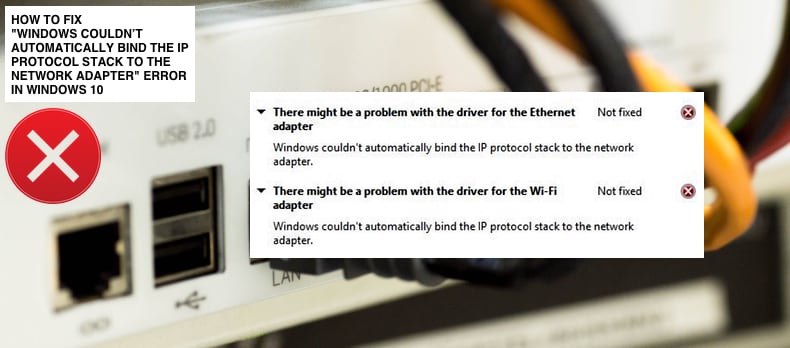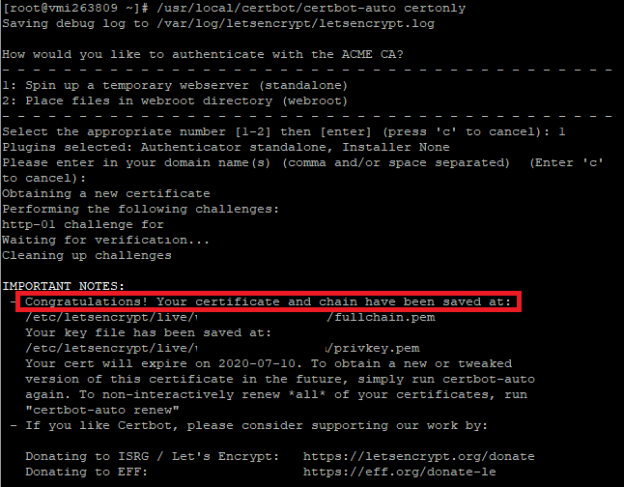

Packet sizes exceeding the path MTU will have to be fragmented, as shown here. Observe the packet sizes during the conversation, especially IKE_AUTH packets. When troubleshooting potential IKEv2 fragmentation-related connection failures, a network trace should be taken of the connection attempt on the client.

Please contact your Administrator or your service provider to determine which device may be causing the problem.” firewalls, NAT, routers, etc.) between your computer and the remote server is not configured to allow VPN connections. This could be because one of the network devices (e.g. The network connection between your computer and the VPN server could not be established because the remote server is not responding.
#Ufo vpn binding error code
This typically results in an error code 809 with a message stating the following. When this happens, IKEv2 communication may begin initially, but subsequently fail. Many routers and firewalls are configured to drop IP fragments by default. If an intermediary device in the path is configured to use a smaller Maximum Transmission Unit (MTU), that device may fragment the IP packets. If the payload exceeds 1500 bytes, the IP packet will have to be broken in to smaller fragments to be sent over the network. The problem is further complicated by long certificate chains and by RSA keys, especially those that are greater than 2048 bit.

The exception to this is when authentication takes place, especially when using client certificate authentication. IKEv2 uses UDP for transport, and typically most packets are relatively small. This can result in failed connectivity that can be difficult to troubleshoot. Another lesser know issue with IKEv2 is that of fragmentation. IKEv2 is often blocked by firewalls, which can prevent connectivity. The protocol is not without some unique challenges, however. When configured correctly it provides the best security compared to other protocols. The IKEv2 protocol is a popular choice when designing an Always On VPN solution.


 0 kommentar(er)
0 kommentar(er)
